She is a professional storyteller, telling stories from all over the world, but most of all tales from Bulgaria. But she is also a poet, a photographer and a tour guide, telling people stories while she shows them around. Meet Nana Tomova. She was born in Bulgaria’s seaside town of Pomorie but when she was 10 she moved to France with her family. Afterwards she moved to Great Britain and for several years she has been living in Scotland where she took up what has been an inspiration for her – storytelling.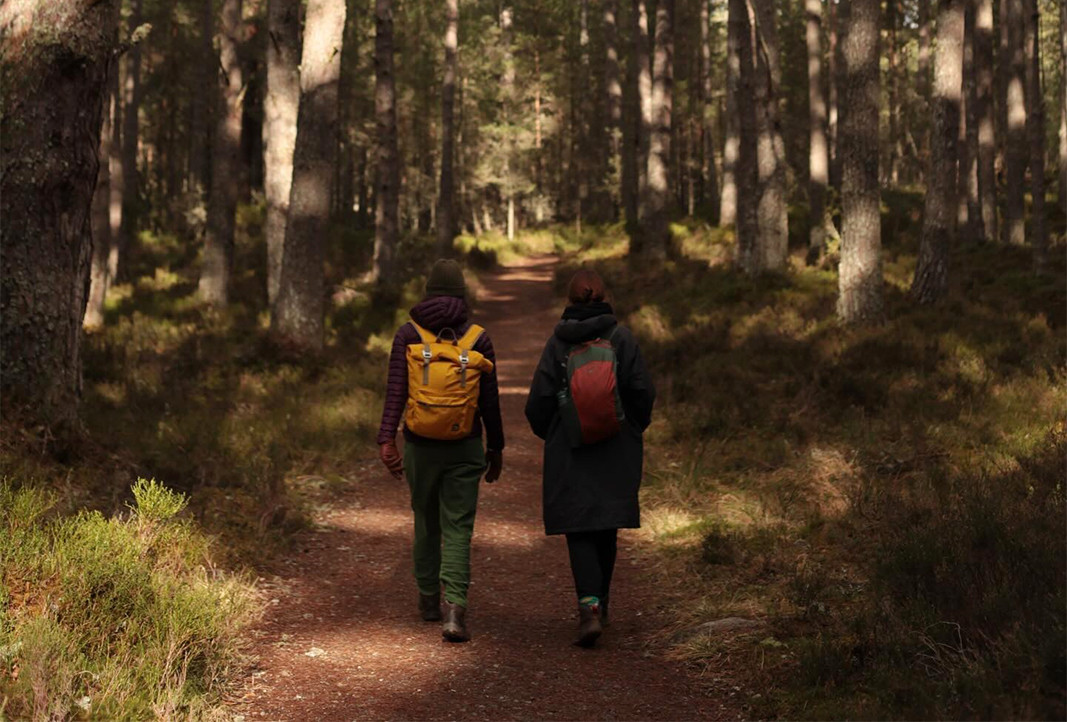
“Scotland has a long history of tales, myths, folklore, and its story continues. I moved here because of the nature and the fairytales. Scotland reminds me of Bulgaria, I don’t know why. There is beauty everywhere and that beauty is food for the soul,” says Nana Tomova in an interview with BNR-Stara Zagora.

She believes that taking up storytelling was no accident because her other profession is pharmacist. That was how the idea came into being for the podcast The Story Apothecary.
“Listening to stories can decrease agitation and soothe mental disturbance, so I started to offer it to patients and could see it sparked something. It’s definitely good for mental health. There’s something very human in telling these tales: it connects us to each other,” Nana said some time ago in an interview with The Guardian entitled “Once upon a time … there was a magical storytelling walk in a Sussex forest”. 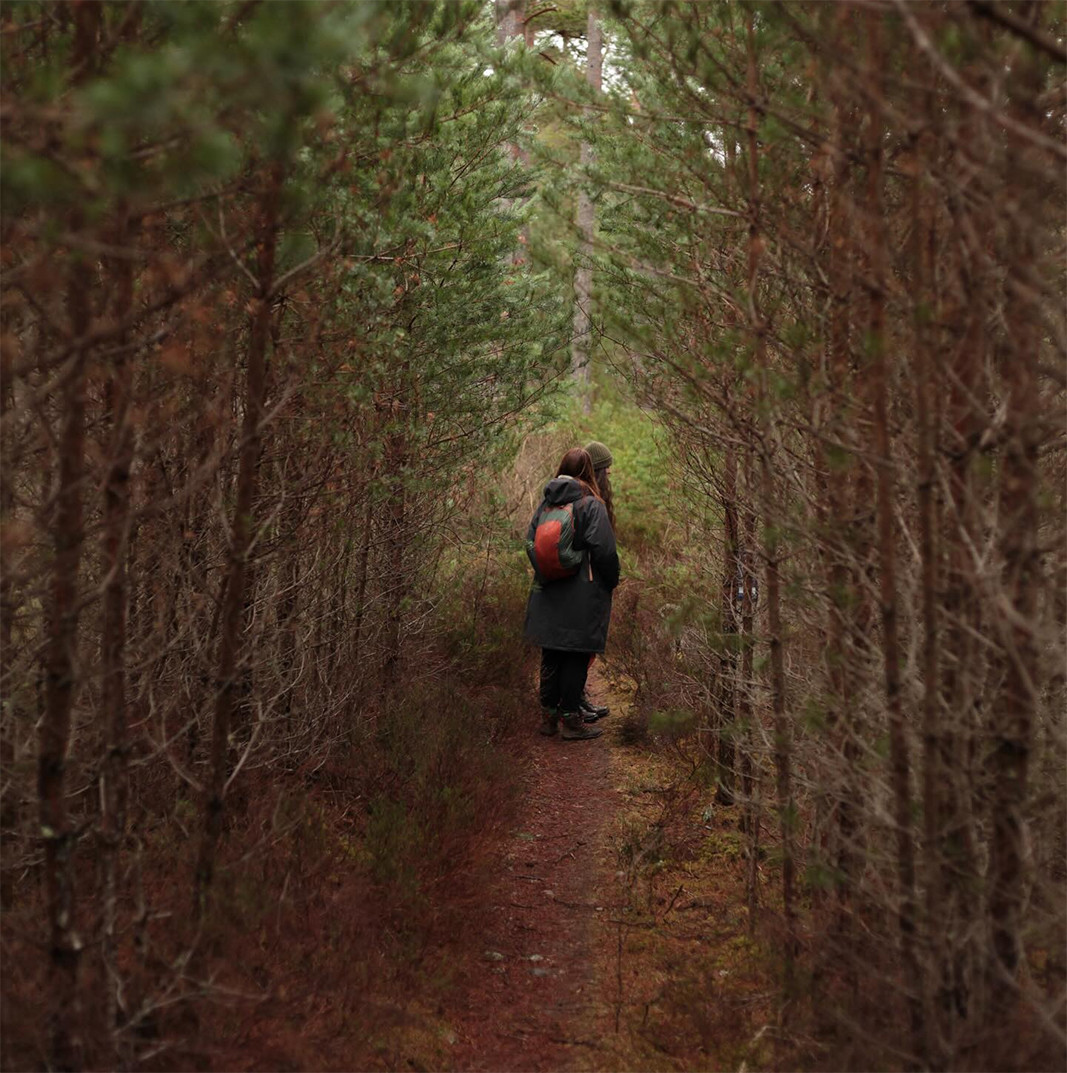
Nana says her ideas come from Bulgarian folklore. She translated old Bulgarian folk tales into English always adding her own characters and symbols. She is fascinated by the myth about wood nymphs and the beliefs of our ancestors. Stories of hers are included in Xanthe Gresham Knight’s collection of tales from all over the world Herba Mythica.
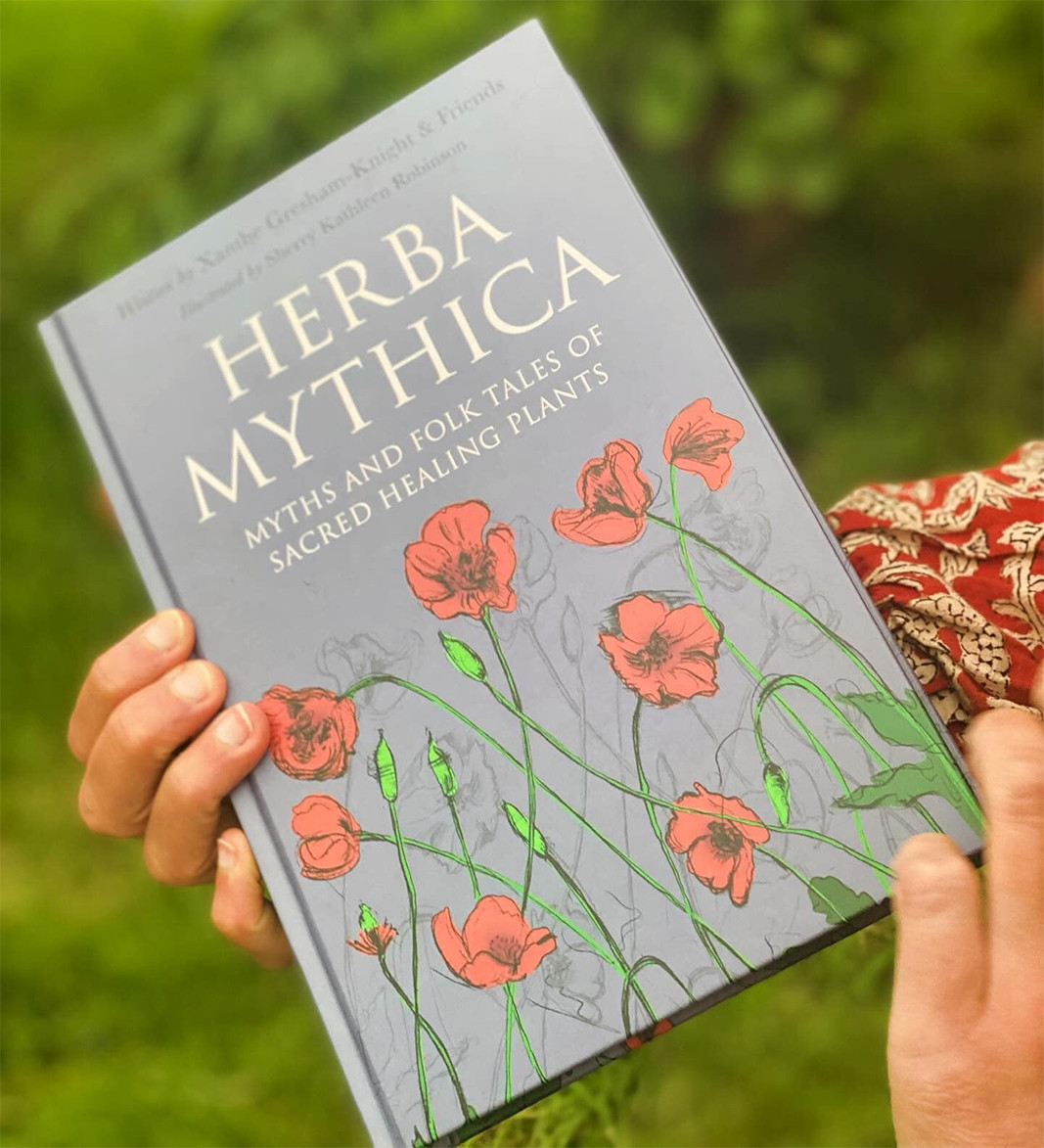
“I tell tales in English, a language that is my strong point, but I started inserting quite a lot of Bulgarian words and expressions and that is very important because it takes the fairytale back to its Bulgarian roots. Otherwise, if you take these words out, the tale will lose something,” Nana says.
Watch Nana telling a Bulgarian fairytale in English:
Folk legends help her go back to her native language which she has not been able to practice since childhood. At the moment Nana Tomova is working on a book of Bulgarian folk takes in English. 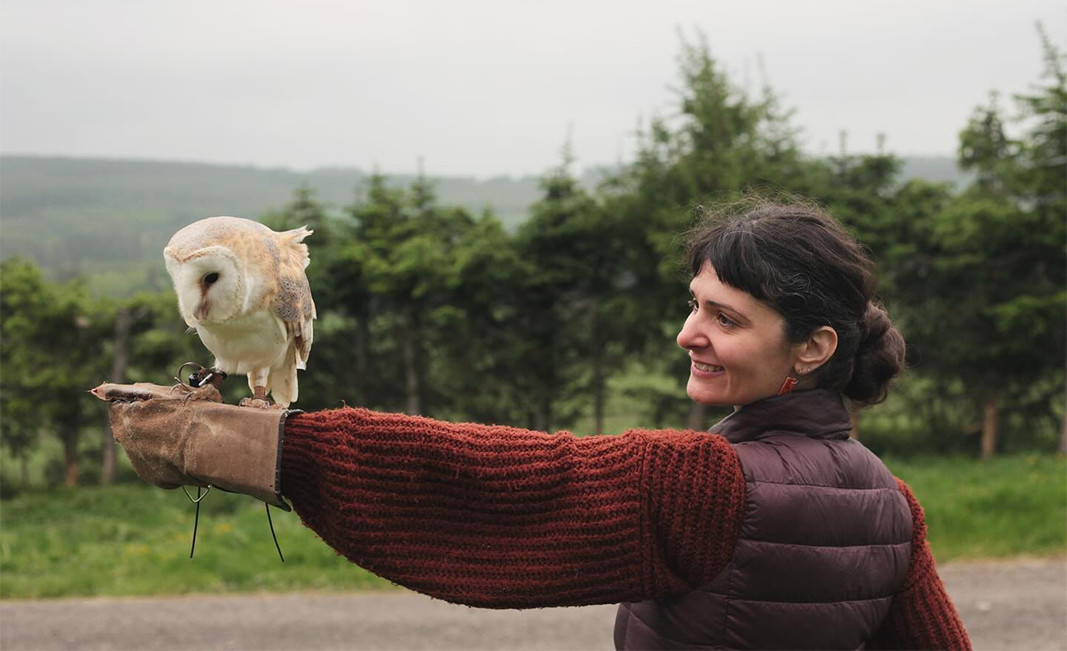
“There will be wood nymphs in it, the moon, tales about the sun, there will be tales about nature, about centuries-old trees. The stories are going to be divided up into four seasons. Because, for example, the tales about wood nymphs are only told between spring and autumn when they are here, on Earth,” Nana says. “On the whole, quite a lot of tales are seasonal. For example, the tales about the sun are only told around Christmas time and when Christmas songs are sung, or around the summer solstice. It is the same in the book I am writing.”
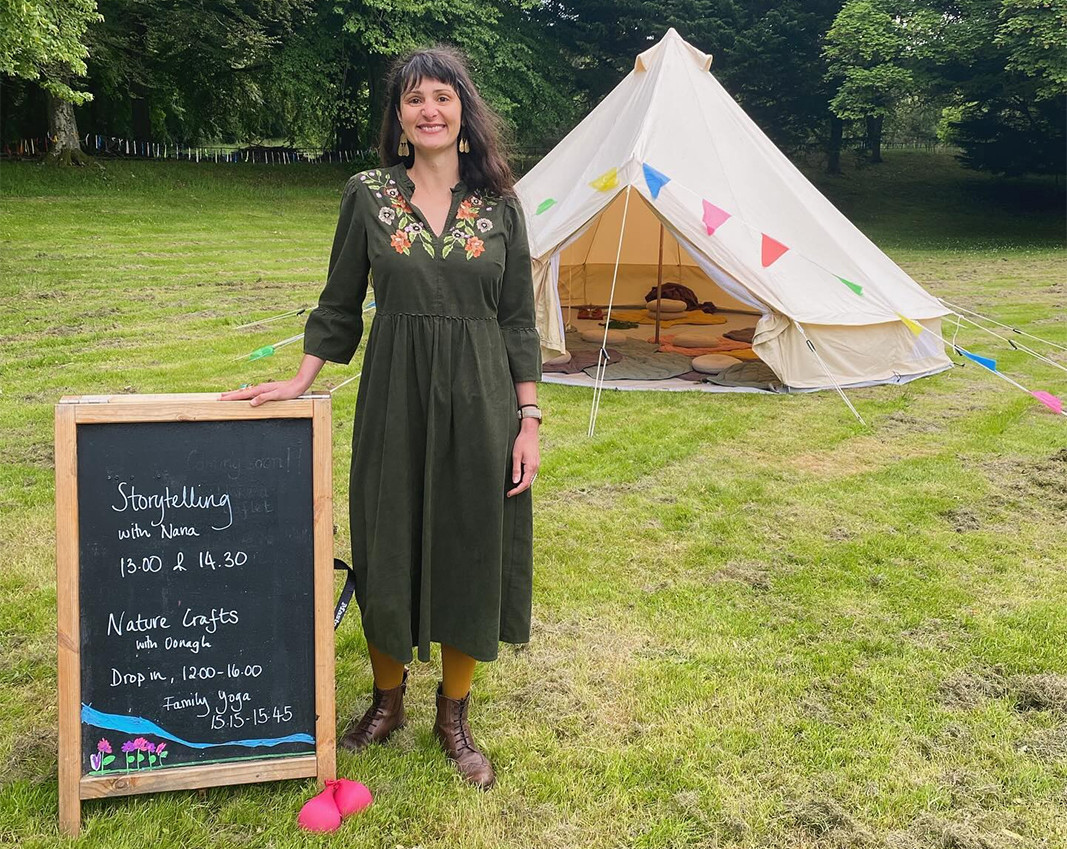
This summer, Nana took part in a traditional festival in Edinburgh. “It is held every other month and all kinds of people go there to tell stories, to sing and dance,” Nana explains and goes on:
“Because I was invited to tell Bulgarian fairytales, I found a Bulgarian folk dance group from Edinburgh, called Hop-Trop, with two really good dancers who were dancing while I was telling the story. All seats were sold out… One of the tales was about wood nymphs and while I was telling it, the girls were dancing a wood nymph dance. So, the fairytale and the dance clicked together like a puzzle.”
Nana believes that one day she will be able to return to Bulgaria and collect many untold tales from the older generation so she can share them with the world.
More:
Interview by Ina Nikolova, BNR-Stara Zagora
Text by Veneta Nikolova
Translated and posted by Milena Daynova
Photos: Facebook /Nana Tomova Storyteller
Iconographer and educator - these two words naturally come to mind when we seek to bring back from the depths of history an artist who began his artistic journey in the first years after Bulgaria's liberation from Ottoman rule in 1878. Milyo Marinov..
We are used to "news stories" on our social profiles about the seven huge oil portraits of Bulgarian opera singers at La Scala or about the first Bulgarian concertmaster at the Vienna Philharmonic's New Year's concert. But sometimes we leave important..
"Before I invented the "Trapeze of Death", I was known as Lazar Dobrich, that's the name they used on posters and programmes. The Señor of World Circus Art will always be remembered for the most risky act in the ring - the Trapeze of Death, with a..

+359 2 9336 661
